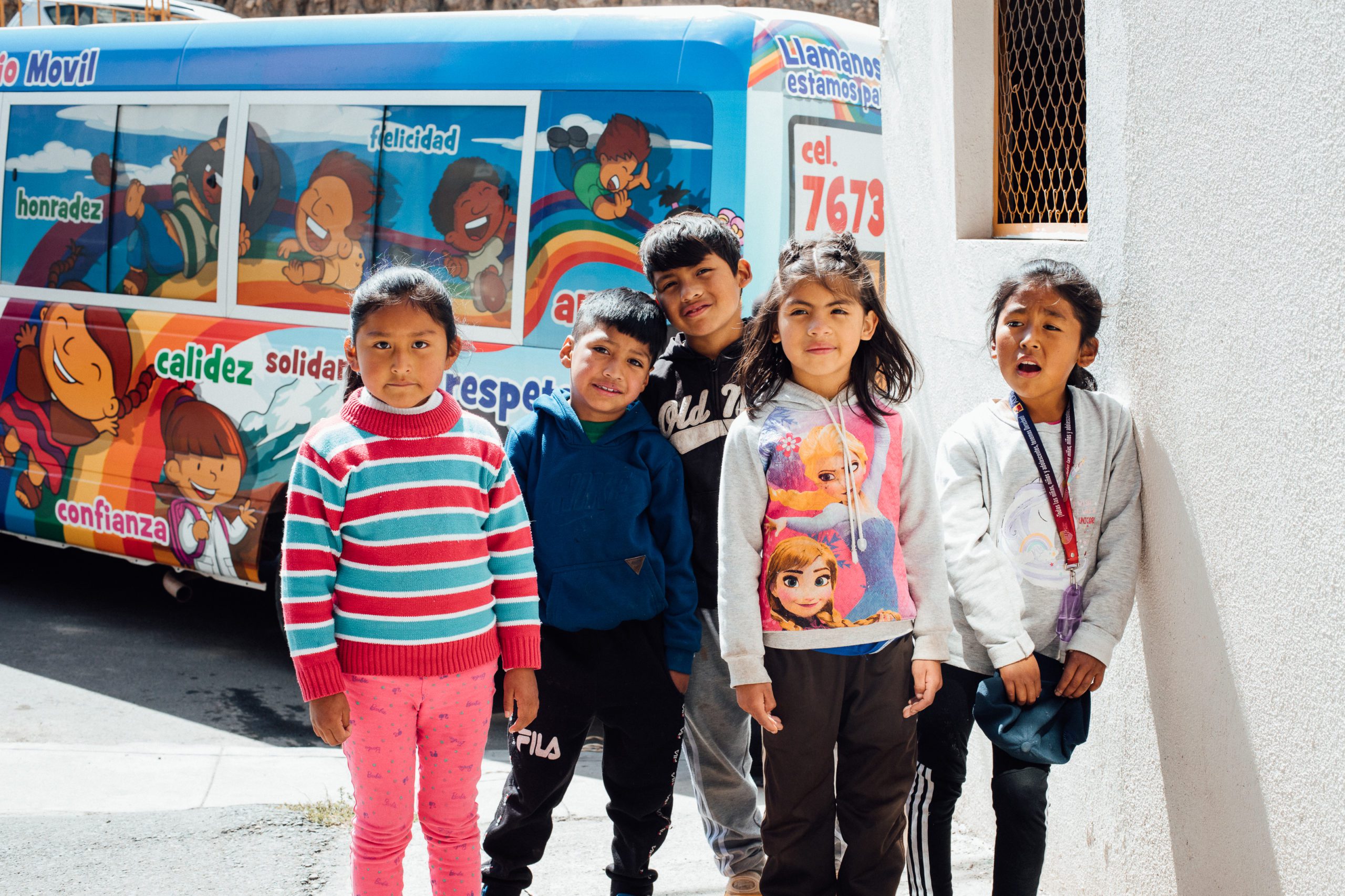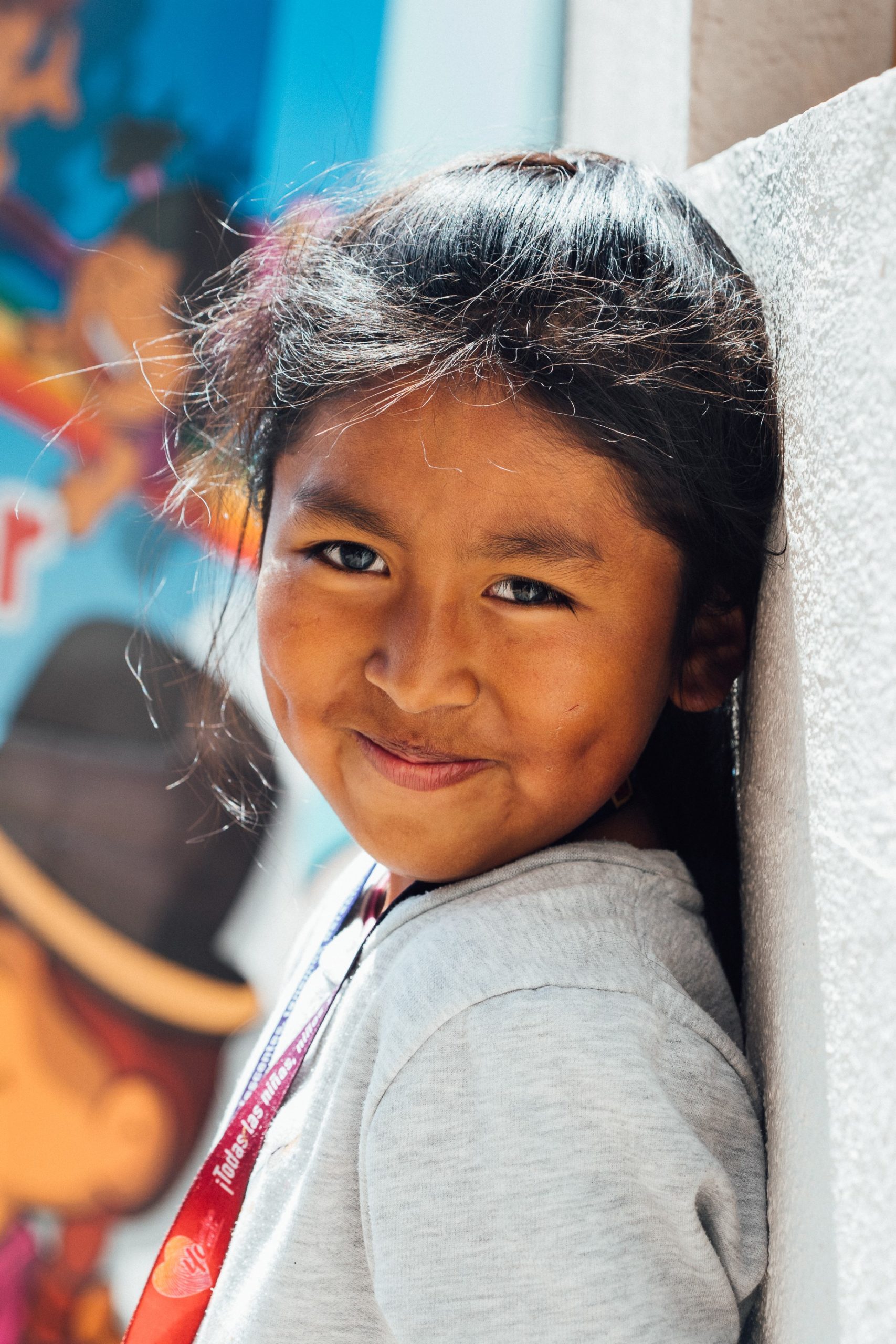The streets of La Paz are sticky. The sun is just rising. But Dra Alejandra and her team want to make the most of every minute of the day, because today's mission will be time-consuming. And not only that: it will also be a day full of depressing moments, oppressive impressions and shocking experiences. Because today they are visiting the women's prison in La Paz with their Street Doctors bus.
Only about 15 minutes' drive from Arco Iris Hospital, it is like entering a strange world. After passing through the thick prison walls and controls and entering the inner courtyard through the gates, the team of the mobile ambulance is first examined by the women sitting scattered around. A strange moment every time. Where would they be now if they had grown up in different circumstances, in a simpler life and had not had the opportunity for a good education? Around 320 women are currently imprisoned here, often with their underage children. Theft, illegal drug possession... the reasons for their imprisonment are as varied as the women themselves - but the underlying problems are often very similar. Those who grow up on the streets of the metropolis, without protection, destitute, often have no choice but to turn to crime to get by. The youngest and weakest members of society are hit the hardest. And so many end up here, in the women's prison in La Paz. Here, too, they hardly have a soul to look after them. Nevertheless, even in this life there are a few rays of hope for them - Dra Alejandra and her team are one of them.
When the Street Doctors arrive, many of the women are sitting at long wooden tables eating breakfast. In between them are girls and boys of all ages, the youngest of whom are not yet a year old. They are given the same meals and drinks as their mothers. No importance is attached to healthy and child-friendly food here. And it is only after a few moments that you realize what is particularly strange in the midst of all these children: the unusual silence that prevails here. It seems that not even children's laughter can penetrate behind these prison walls. Large, anxious eyes follow the team as they cross the courtyard towards the treatment room. Expressionless faces, without any facial expressions. Many of the children do not know life outside these walls. The prison is their home. But it is not the kind of home a child should have. There is a lack of everything here. Education and toys. A balanced diet and clean clothes. Health care and medication. But above all, these little people lack love. Love, security and dignity. The children who live here cannot be children.
We continue through a building and past some cells. The acrid smell of smokable cocaine comes from a few of them. Anyone who lives here inevitably breathes in this poisoned air. This applies to prisoners as well as children and babies. When they arrive in the treatment room, a dozen women and children are already waiting for the team. The last time they were here was a good two weeks ago and they were able to help some of the patients and carry out check-ups on half of the children. Time and again, these examinations reveal traces of abuse and violence. It is often almost unbearable for the team. However, stopping is not an option. If they don't come, the women and children here really are excluded from any medical care.
After Dra Alejandra has treated and disinfected four festering wounds, a young mother comes to her with her two-year-old son in her arms. The boy is sweating and looks incredibly weak. He can barely hold his little black fuzzy head himself. Dra Alejandra gently picks him up and places him on the dark blue couch. His name is 'Anthoan', explains his mother, who then tells him about persistent diarrhea, vomiting and fever. The doctor takes her time and listens carefully to her explanations. She asks how long the child has been suffering from the symptoms, what he has eaten and whether he has already been given medication. She learns that the boy has hardly been eating for more than two weeks and is constantly crying due to severe pain. He has not yet been given any medication. The doctor's trained eye quickly sees that the little patient is already severely malnourished. She carefully removes his sweater and trousers. She places him on a scale in his panties and shirt. His thin little legs look so fragile that even Dra Alejandra is worried that he might tip over. The scales then show it in black and white: just under 10 kg for a height of 85 cm, which means he is severely underweight - no wonder the boy is so weak. Further examinations also revealed that he was severely dehydrated - most likely due to the persistent diarrhea. During all the examinations, Anthoan's large dark eyes never take their eyes off his helpless mother. The doctor is very thorough - the right help and treatment is urgently needed to save this little life. She cannot afford to make a mistake.
The reason can ultimately be determined with a stool sample: The intestines are infested with parasites; not uncommon here in prison, where the hygienic conditions are extremely poor. The boy is prescribed medication to combat the parasites and dehydration salts to regulate his water balance and get him back on his feet. Dra Alejandra gives the mother clear instructions on how and when to take the various tablets and drops. The little boy is dressed again. His mother gratefully picks him up and his thin little arms clasp around her neck. The doctor takes a sympathetic view: If the treatment instructions are followed, Anthoan will soon feel better again. She wants to come back in 14 days and administer vitamins and nutritional supplements if necessary. Then, she is sure, he will be completely healthy again.
By then, the Street Doctors will have visited three more prisons around La Paz. Two of them are located far outside the city - it takes almost two hours to reach them. The other is the 'famous' San Pedro. It is located in the middle of the city center and houses over 2000 prisoners. It is also known as the 'prison city', as whole families often live here, in eight different neighborhoods with courtyards and barracks. The wealthier inmates live in cells, some of which have several rooms. Some are even equipped with televisions and gas stoves. There are even kindergartens for the little ones in the sections of the rich, and tour guides lead brave tourists through the area. There are stores and restaurants. But the impression of a peaceful life almost like freedom is deceptive. Not even the richest are free here. And the poorest? They literally end up in the dirt here - there is nothing but anarchy and crack cocaine. For the Street Doctors, the missions there are the most dangerous, because behind the walls of San Pedro there are laws of their own: only leaving is controlled by guards, otherwise the so-called prison bosses rule - men who are prisoners themselves. Dealers, murderers and rapists call the shots here. This internal, independent administration and power system of the prisoners leads to the formation of gangs and violence. Bribery and corruption are the order of the day and the drug trade flourishes.
With a quick movement, Dra Alejandra shakes off the thought of San Pedro. She and her team are still here in the women's prison for a few hours, continuing to care for the sick. After a long day, they will finally make their way home - and there will be silence among them on the bus. Everyone will be thinking about today's patients, wondering whether they are feeling better and in what condition they will find them in 14 days' time. Dra Alejandra is no exception. She sees the little fuzzy head lying limply in front of her. She knows that he wouldn't have made it another week without medical assistance. She knows that her help has saved a life today. Hopefully, the next time she sees him, he will be much stronger and stable on his own two feet - and who knows, maybe his big dark eyes will even have a smile for her.




